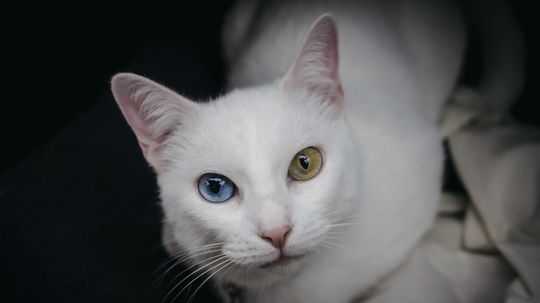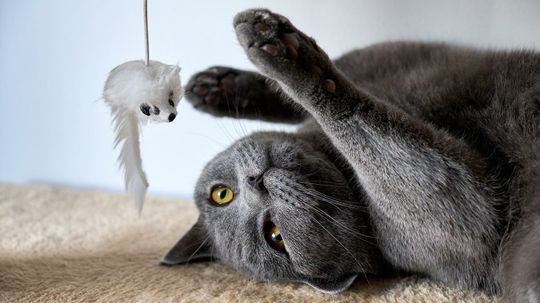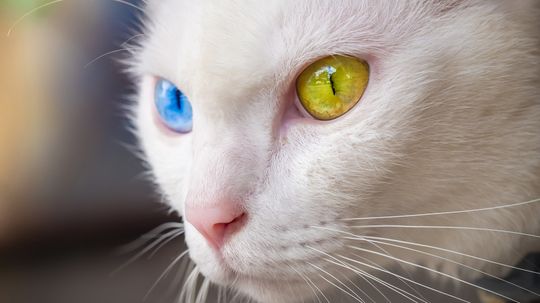Pets
Pets make wonderful companions. Learn how to take care of pets, read about common pet behavior issues and injuries and pick up general pet care tips.

Finding the Cutest Rabbit Breed: 7 Fluffy Cuddle Buddies

Pet Frogs: Best for 'Look but Don't Touch' Owners

Important Gerbil vs. Hamster Differences for Pet Owners

What Is a Group of Wild Cats Called? Depends on the Type of Cat

Where Did Cats Originate From? How Cats Came to Tolerate Humans

Are Christmas Trees Toxic to Cats? What About Tree Water?

What Is a Group of Golden Retrievers Called? Sounds Angelic

What Is a Group of Pugs Called? It's Honestly Cartoonish

7 Most Dog-friendly Cities in the U.S. (Spoiler: West Coast Wins)

7 Most Beautiful Fish for Any Aquarium
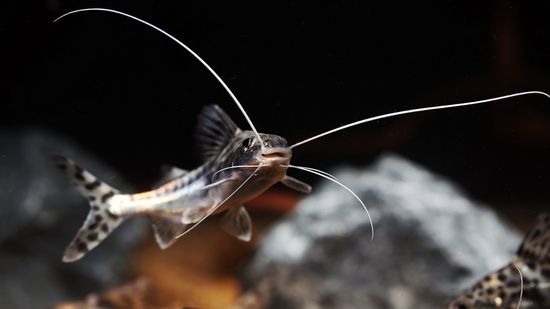
Pictus Catfish: Bottom-feeders That Pick on Smaller Fish
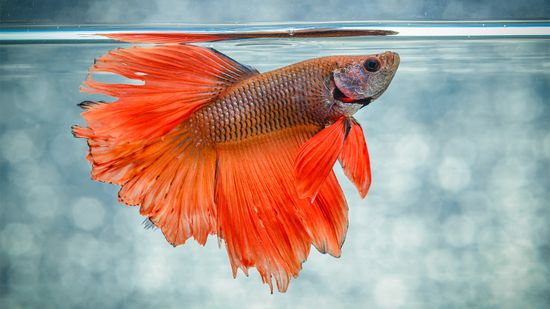
5 Things Everyone Gets Wrong About Betta Fish

Why Is My Cat Sleeping So Much? Do Younger Cats Sleep More?

7 Early Signs a Cat Is Pregnant

10 Easiest Pets to Take Care Of

Dogs Need to Wear Seat Belts, Too. Here's Why

When Car Sharing and Pets Converge

New Ruling Cracks Down on Emotional Support Animals on Planes
Learn More / Page 7
With its elf-like appearance and often completely hairless bodies, the Donskoy cat is one of the most distinctive cat breeds in the world.
By Nico Avelle
Mysterious, elegant and quietly affectionate, the Nebelung cat is a rare breed that enchants cat lovers with its shimmering coat and reserved nature.
By Nico Avelle
Tired of paw prints on your car, cat poop in your garden or scratched-up furniture in the living room? Whether you’re a cat owner trying to protect your plants or dealing with neighborhood feral cats, using a safe and effective cat repellent can make all the difference.
By Nico Avelle
Advertisement
If you're looking for a playful, intelligent and stunning feline companion, the Somali cat breed might just be your perfect match. Known for its vibrant personality and luxurious coat, the Somali is the long-haired cousin of the Abyssinian, often nicknamed the "fox cat" for its plumed tails and ticked coat.
By Nico Avelle
It may not be dinner conversation, but let’s get real: Do cats fart? The answer is yes, cats do pass gas, although it’s usually subtle.
By Nico Avelle
From ancient symbols of good fortune to Instagram icons, the white cat continues to charm cat lovers around the world. While they may not have the same social media fame as orange cats (or unjustified stigma of black cats), their pure white coat makes them stand out among many breeds.
By Nico Avelle
If you're a fan of Siamese cats but wish they came with white feet and a touch more cuddliness, meet the Snowshoe cat. This rare breed is known for its striking tuxedo-like markings, white feet and generally affectionate demeanor.
By Nico Avelle
Advertisement
Graceful, vocal, and wrapped in a silky coat that flows like a ribbon — say hello to the Balinese cat, a breed that blends the elegance of long-haired cats with the spirited personality of Siamese ancestors.
By Nico Avelle
When people talk about cats, there's one kind that often causes a double take: the black cat. Whether it's pacing across your path or curled up in a cozy sunbeam, black cats have a reputation that stretches back centuries.
By Nico Avelle
Ever seen a cat that looks like a supermodel in a fur coat? Meet the Himalayan cat, the glamor queen (or king) of the feline world. With their long, luxurious coats and those striking blue eyes, they’re practically runway ready.
By Nico Avelle
Tortoiseshell cats, often called "torties," are the rebels of the feline world. With their swirls of orange and black, they’ve inspired myths, memes, and plenty of admiration from cat lovers. But there's more to a tortoiseshell cat than just striking looks.
By Nico Avelle
Advertisement
Tuxedo cats look like they're always dressed to impress. With their crisp black-and-white markings, it's no surprise these felines are favorites in cartoons, ads, and homes around the world. But there's a lot more to a tuxedo cat than its dapper looks.
By Nico Avelle
Tabby cats are everywhere. Whether they're lounging on windowsills or chasing toys across the living room floor, these striped felines are among the most recognizable in the pet world. But there's more to a tabby cat than just its good looks and charming antics.
By Nico Avelle
Few dog breeds embody Arctic adventure like the Alaskan Malamute. Known as one of the oldest sled dog breeds, these dogs are built for stamina, strength and snowy terrain.
By Nico Avelle
After watching decades of Bugs Bunny cartoons, we have been fooled into thinking that rabbits eat carrots. Turns out, the image of a rabbit eating a carrot is the equivalent of a child eating ice cream; they do eat these sugary treats, but only in moderation, as it's not good for their health.
By Ada Tseng
Advertisement
Cats come in so many shapes, sizes and fur patterns, making them some of the most diverse animals on the planet. From long-haired giants to sleek, hairless wonders, different breeds have evolved to match a variety of lifestyles and personalities.
By Zach Taras
At first glance, the red heeler vs. blue heeler debate seems like a showdown between two different dog breeds. But here's the twist: Both are color variations of the same dog breed,the Australian Cattle Dog.
By Nico Avelle
The many types of dogs are as diverse as the jobs humans have bred them to perform. From herding dogs to hunting hounds, people have been breeding dogs since prehistoric times to help with tasks like guarding, retrieving and companionship.
By Zach Taras
Livestock guardian dogs are some of the most incredible canines in the animal kingdom. These hardworking pups specialize in protecting livestock from predators, whether it's wolves, coyotes or even bears.
By Mack Hayden
Advertisement
With their playful antics, independent personalities and affectionate ways, cats are some of the most beloved pets worldwide. From fluffy giants to sleek and elegant felines, domestic cat breeds come in all shapes, sizes and temperaments.
By Ada Tseng
You've likely heard of more popular domestic cat breeds, including Persian cats, Burmese cats, Siamese cats, British shorthairs, American shorthairs, Maine Coons and Ragdolls.
By Ada Tseng
There's a common image of a bunny munching on a carrot, but would you be surprised to hear that carrots aren't even that good for bunnies? They have a lot of sugar!
By Ada Tseng
These floofs have been living alongside humans for thousands of years. But when were cats domesticated to become our adorable yet aloof companions?
By Mack Hayden
Advertisement
Anyone who's spent time with a cat knows they have some pretty interesting sleeping habits. If you've ever woken up to find your furry friend snoozing at the end of the bed, you might have wondered why cats sleep at your feet. While many cats choose to sleep at their human companions' feet, the reasons go beyond simple comfort.
By Mack Hayden
Cats have an exceptionally independent personality compared to other pets. There must be some distant memory of being worshipped as gods in ancient Egypt locked away in their genetic code that explains their sassy, uppity nature.
By Mitch Ryan





